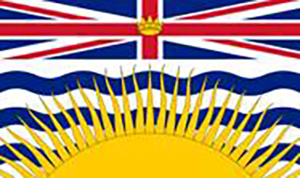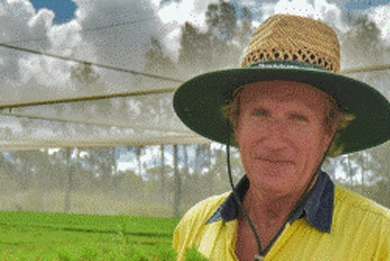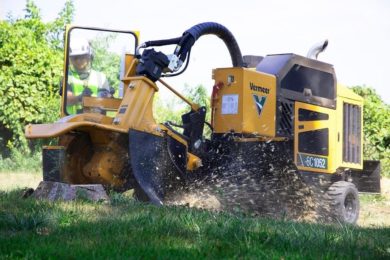The inauguration of a highly protectionist president of the United States has sparked trepidation among B.C.’s forest-dependent communities and prompted B.C. Premier Christy Clark to tout her government’s efforts to find new markets outside the United States for its softwood lumber.
Donald Trump did not wait for the keys to the Oval Office to signal a new U.S. trade agenda that threatens to tear up trade deals deemed unfavourable to homegrown industry and jobs. British Columbia, which supplies half of Canada’s softwood-lumber exports to the United States, is now bracing for what could be its toughest round of trade conflict over softwood lumber. Already, the U.S. International Trade Commission has launched an investigation into alleged harm of Canadian imports to the American softwood-lumber industry.
Speaking to the annual Truck Loggers Convention last week, Ms. Clark vowed to continue to fight for B.C.’s forest industry in the latest trade battle. “Time after time, without regard for the facts, the American government has accepted all of the allegations that have been filed by the U.S. lumber industry. You would get more fair and impartial hearings from a judge at a pro-wrestling event,” the Premier told the convention.
Ms. Clark announced that the province has made progress though in building alternative markets, with the first major shipment of B.C. lumber to India currently on its way. The concerns remain, however, about what Mr. Trump’s administration will mean for those who rely on forestry in B.C. The sector is still shrinking.
In 2001, when the B.C. Liberals took office, the province had 91,000 forestry jobs. The government launched a “revitalization plan” to tackle the decline. Today, there are about 60,000 forestry jobs and, in addition to the renewed softwood-lumber war with the United States, there is a shrinking timber supply due to the mountain pine beetle infestation.
This week, Powell River Mayor Dave Formosa signed a letter, along with mayors of seven other forest-resource communities, calling for a corporate tax break aimed at providing relief to struggling forest companies. The mayors want the province to eliminate its sales tax on industrial electricity purchases, which they say will improve competitiveness and save jobs. In an interview, Mr. Formosa said the softwood-lumber trade war isn’t just another challenge, it is part of a larger threat to keeping rural communities alive.
Source: the globeandmail







